Articles
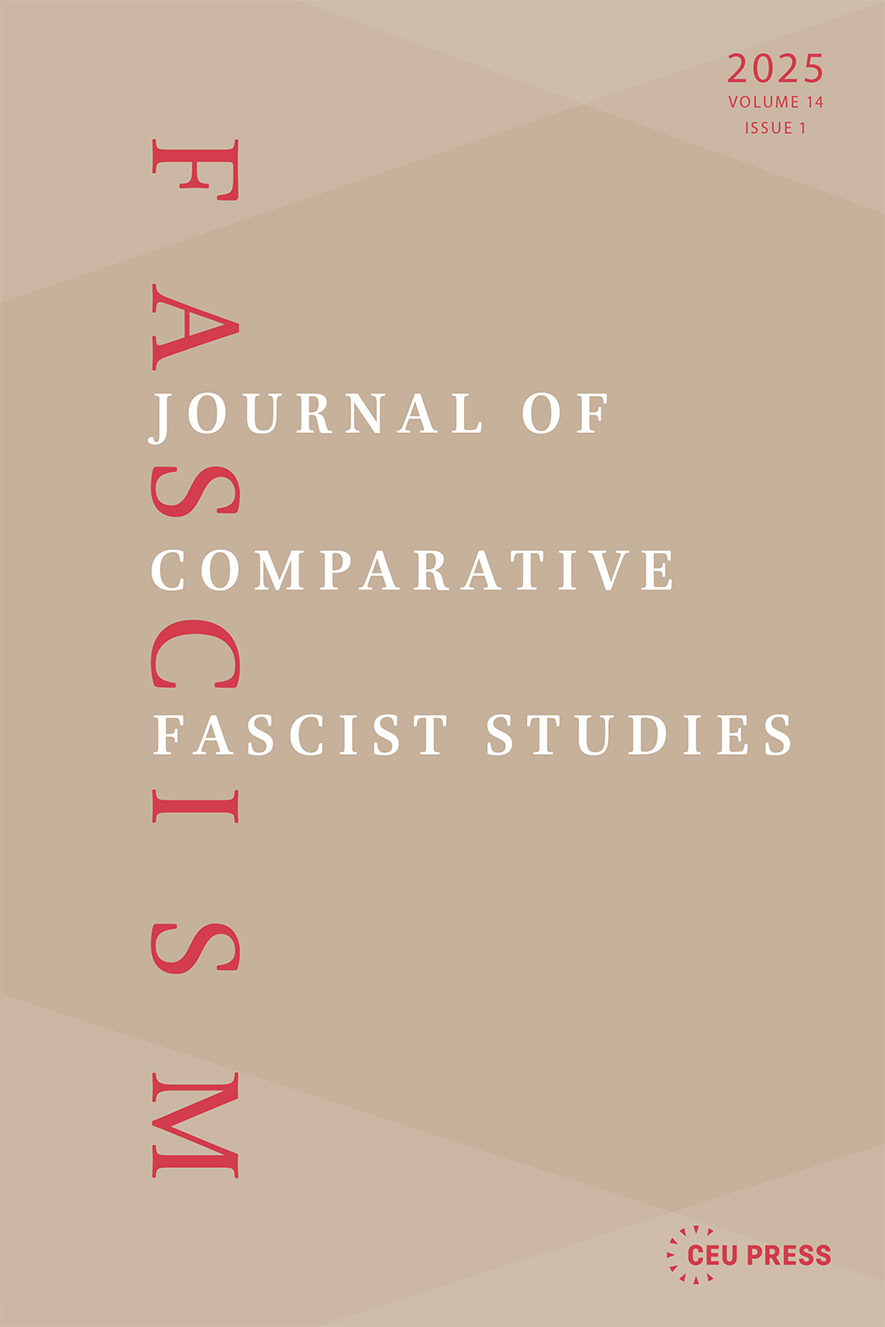 'Whither "Fascism"? Fascist Studies in the Digital Age'
'Whither "Fascism"? Fascist Studies in the Digital Age'Fascism: Journal of Comparative Fascist Studies 14 (1), 5-37 (co-written with Paul Jackson).
In this editorial essay, the authors suggest that scholars of fascism can profitably pay greater attention to internet activism, digital subcultures, and online content, calling for a digital turn in the field of comparative fascist studies: ‘Fascism Studies 2.0’. The essay stresses the importance of the internet in promoting contemporary forms of fascism and far-right activism, exploring two case studies: the "gamification of terrorism" in online gaming cultures, and militant accelerationist cultures on Terrorgram.Read more...
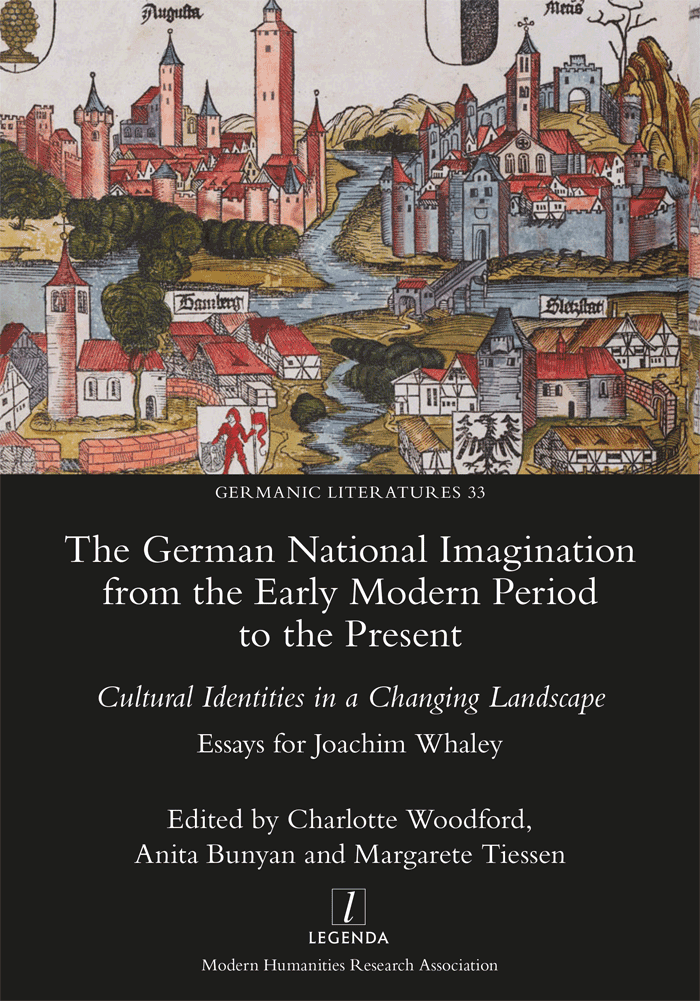 'Kadettengeschichten: The Siren Call of Militarism in the Prussian Cadet-School Story'
'Kadettengeschichten: The Siren Call of Militarism in the Prussian Cadet-School Story'in The German National Imagination from the Early Modern Period to the Present: Cultural Identities in a Changing Landscape. Essays for Joachim Whaley, ed. Charlotte Woodford, Anita Bunyan, and Margarete Tiessen, Cambridge (Legenda Press), 2025, pp. 96-112.
This essay investigates a little-known genre of German children's literature, the Prussian cadet-school story, exploring the glorification of patriotic feeling and martial career propspects in volumes such as Paul von Szczepanski’s Spartanerjünglinge (Spartan Youths) and Johannes van Dewall’s Kadettengeschichten (Cadet-Tales).Read more...
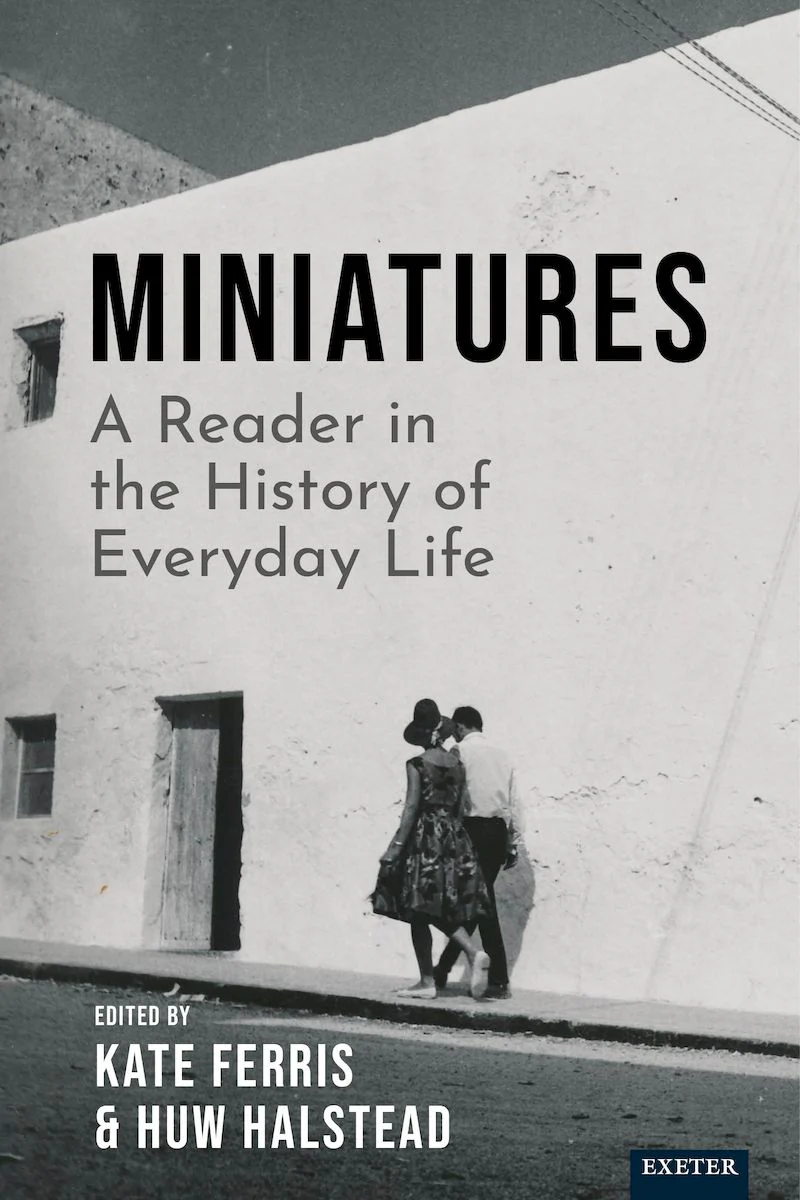 'Diary of a Schoolboy in Nazi Germany'
'Diary of a Schoolboy in Nazi Germany'in Miniatures: A Reader in the History of Everyday Life, ed. Kate Ferris, Huw Halstead, Exeter (University of Exeter Press), 2025, pp. 54-65.
In spring 1936, teenage schoolboy Dick Hargreaves was given the chance to go on an all-expenses-paid exchange trip to Germany. But this was no ordinary school exchange – Hargreaves’ destination was Oranienstein, one of a system of new elite boarding schools known as Napolas. An accompanying essay demonstrates the ways in which this ego-document can help us understand the nature of dictatorship.Read more...
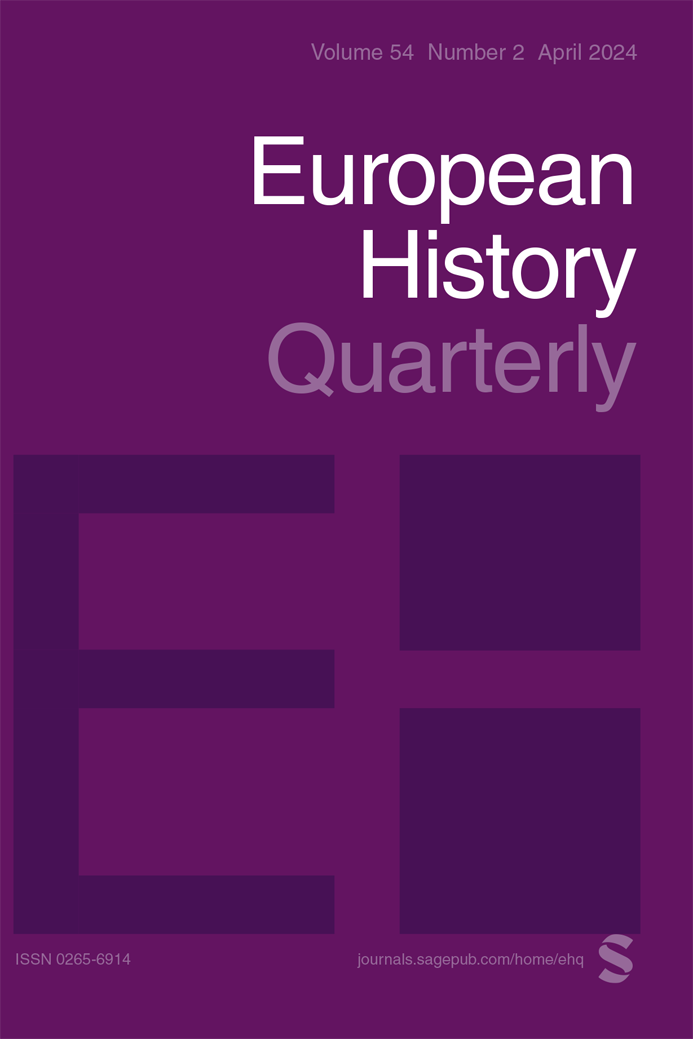 'Nazi Elite-School Pupils as Youth Ambassadors: Between Fascist Italy and the Third Reich'
'Nazi Elite-School Pupils as Youth Ambassadors: Between Fascist Italy and the Third Reich'European History Quarterly 54 (2), 2024, 258-275 (Special Issue: The Cultural Axis between Fascist Italy and Nazi Germany).
This article examines a series of trips to Fascist Italy that were undertaken by pupils of Nazi elite-schools in their role as youth ambassadors of the Third Reich. As a form of cultural diplomacy that continued during the Second World War, these trips were part of Fascist and Nazi efforts to foster a new cultural order. Although intended to strengthen ties between the two regimes, the trips also laid bare national differences.Read more...
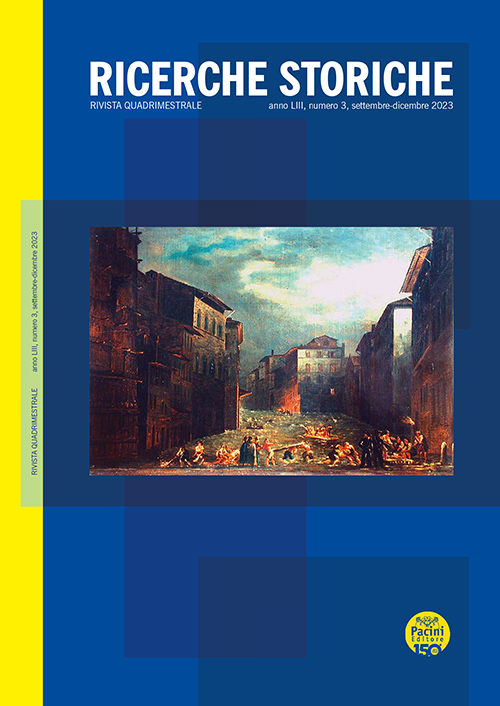 ‘Italiani Cattiva Gente? Anti-Italian Stereotypes and the Obfuscation of War Crimes in German Perpetrator Narratives from the Italian Theatre of War'
‘Italiani Cattiva Gente? Anti-Italian Stereotypes and the Obfuscation of War Crimes in German Perpetrator Narratives from the Italian Theatre of War'Ricerche Storiche LIII (3), 2023, 105-130 (co-written with Dario Pasquini).
Anti-Italian stereotypes proved central to the defence strategy of German war criminals, such as Albert Kesselring, who were tried in the early post-war period for war-crimes committed in Italy. This article identifies a number of recurring tropes which repeatedly come to the fore in accounts given by Kesselring and other German generals and officers who fought in the Mediterranean theatre, both in the testimonies given during Kesselring’s trial, and in later memoirs.Read more...
 'The Biopolitics of Education in the Third Reich's "Special Schools" and "Elite Schools"'
'The Biopolitics of Education in the Third Reich's "Special Schools" and "Elite Schools"'The Historical Journal 66 (2), 2023, pp. 413-34.
This article draws attention to education as a previously under-researched category of intervention in the history of modern biopolitics. The two case-studies cover both extremes of the spectrum of biological selection in education, from the negative, eugenic policies applied to supposedly ‘abnormal’ pupils at the so-called ‘special schools’ (Hilfsschulen), to the ‘positive’ biological selection of elite-school applicants at the National Political Education Institutes.Read more...
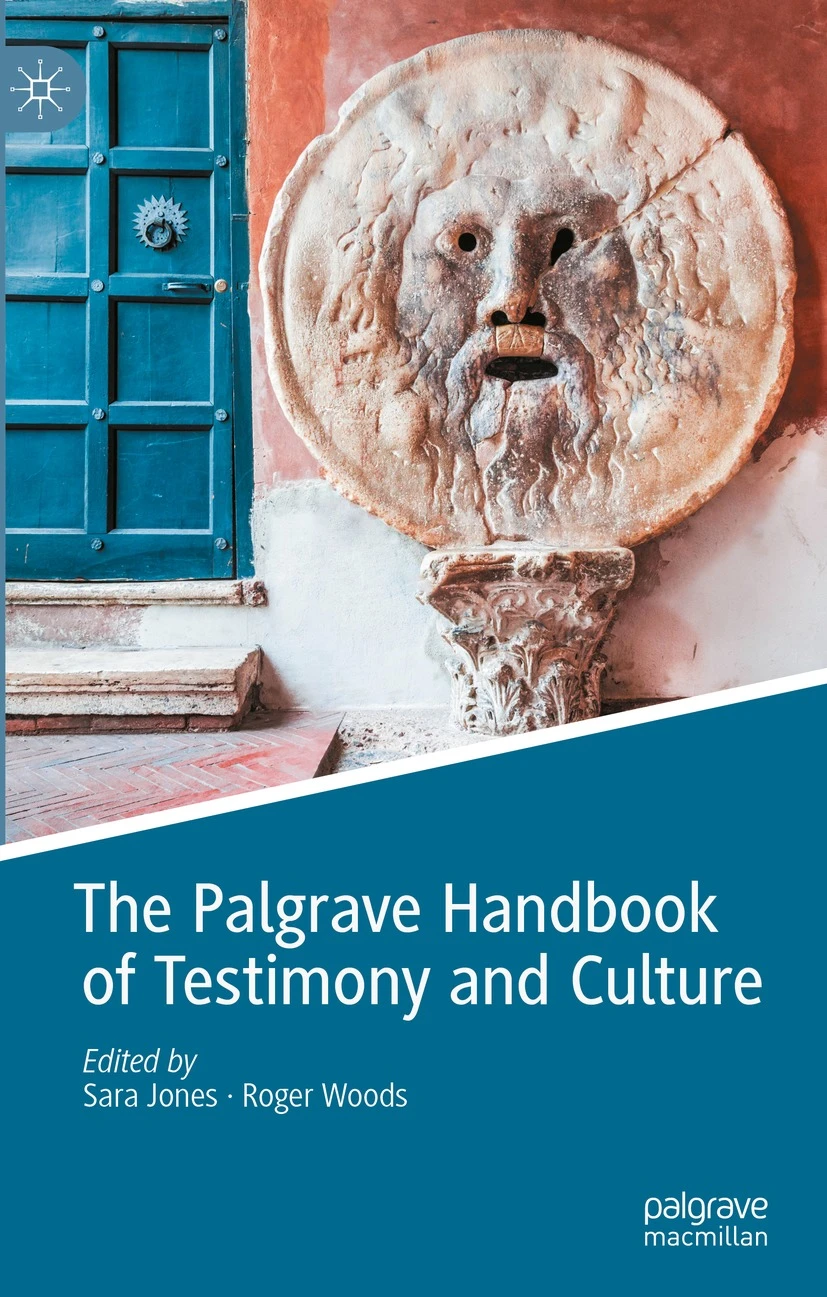 'Testimonies in Historiography and Oral History'
'Testimonies in Historiography and Oral History'in The Palgrave Handbook of Testimony and Culture, ed. Sara Jones, Roger Woods, Basingstoke (Palgrave Macmillan), 2023, pp. 65-90 (co-written with Achim Saupe).
This chapter gives an overview of the ways in which testimony has been used by historians, and the ways in which it has influenced the development of new historiographical methods. Above all, the authors explore the different contextual frameworks within which testimonies have developed—legal, moral, and practical. What makes a testimony ‘true’ or ‘trustworthy’ in the eyes of the observer?Read more...
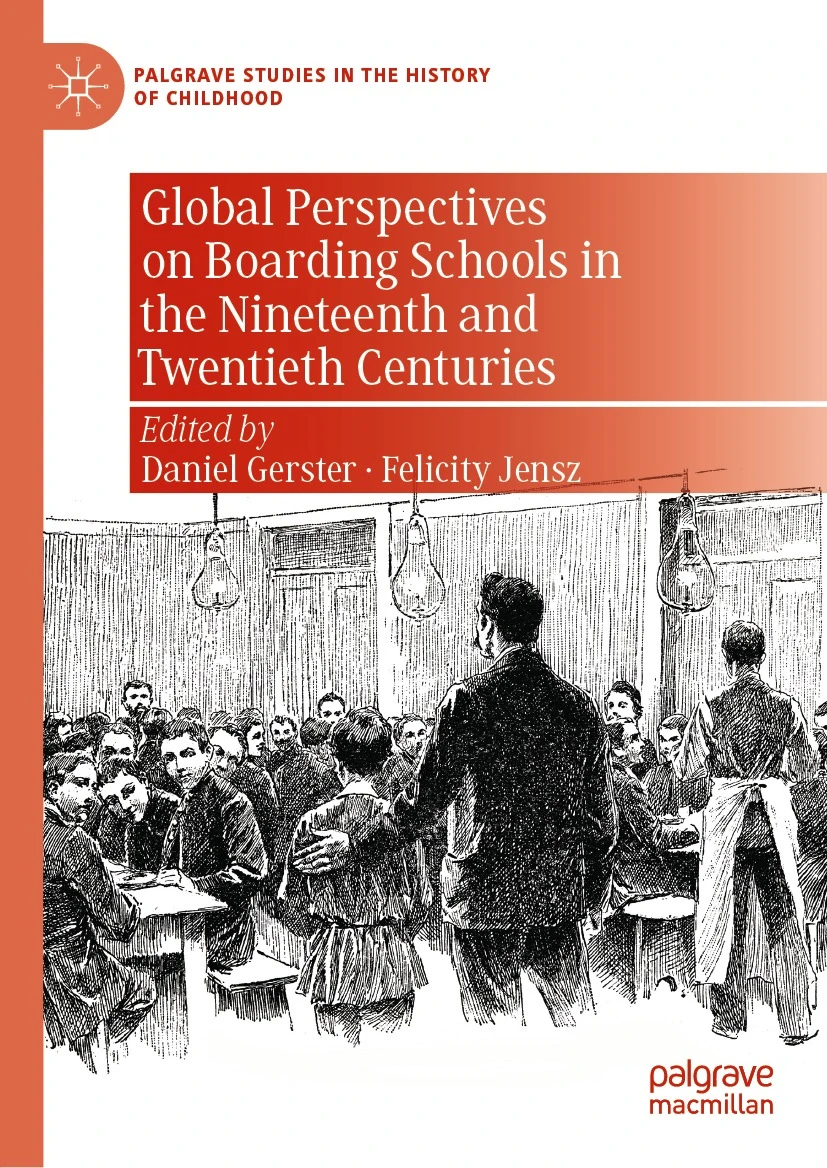 'Nazi Elite Boarding Schools and the Attempted Creation of a New Class System'
'Nazi Elite Boarding Schools and the Attempted Creation of a New Class System'in Global Perspectives on Boarding Schools in the Nineteenth and Twentieth Centuries, ed. Daniel Gerster, Felicity Jenz, Basingstoke (Palgrave Macmillan), 2022, pp. 79-100.
This article uses the elite education provided by the Nationalpolitische Erziehungsanstalten (Napolas) as a case study of the Nazi regime’s drive to eradicate class-based social differences. Nazi propaganda claimed that the Napolas embodied the most ‘socialist’ elements of National Socialism, and that they were instrumental in realising the Nazi ideal of the Volksgemeinschaft.Read more...
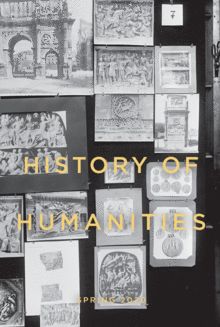 'Eine Vergangenheit, die lieber vergessen wird? Scholarly Habitus-Forming, Professional Amnesia, and Postwar Engagement with Nazi Classical Scholarship'
'Eine Vergangenheit, die lieber vergessen wird? Scholarly Habitus-Forming, Professional Amnesia, and Postwar Engagement with Nazi Classical Scholarship'History of Humanities 5 (1), 2020 (special issue on "Forgetting in the History of the Humanities", ed. Han Lamers, Toon Van Hal), pp. 165-77.
This case study takes Volker Losemann’s recently published collection of essays, Clio und die Nationalsozialisten, and the (often far from complimentary) reception of his groundbreaking work on classics in the Third Reich since the 1970s, as a starting point to reflect on wider discourses that have led to academic “forgetting” of this period in German classical scholarship.Read more...
 'Mussolini's Third Rome, Hitler's Third Reich and the Allure of Antiquity: Classicizing Chronopolitics as a Remedy for Unstable National Identity?'
'Mussolini's Third Rome, Hitler's Third Reich and the Allure of Antiquity: Classicizing Chronopolitics as a Remedy for Unstable National Identity?'Fascism: Journal of Comparative Fascist Studies, 8 (2), 2019, pp. 127-52.
While it is generally acknowledged that fascist movements tend to glorify the national past of the country in which they arise, sometimes, fascist regimes seek to resurrect a past even more ancient, and more glorious still; the turn towards ancient Greece and Rome. This phenomenon is particularly marked in the case of the two most powerful and indisputably ‘fascist’ regimes of all: Benito Mussolini’s Italy and Adolf Hitler’s Germany.Read more...
